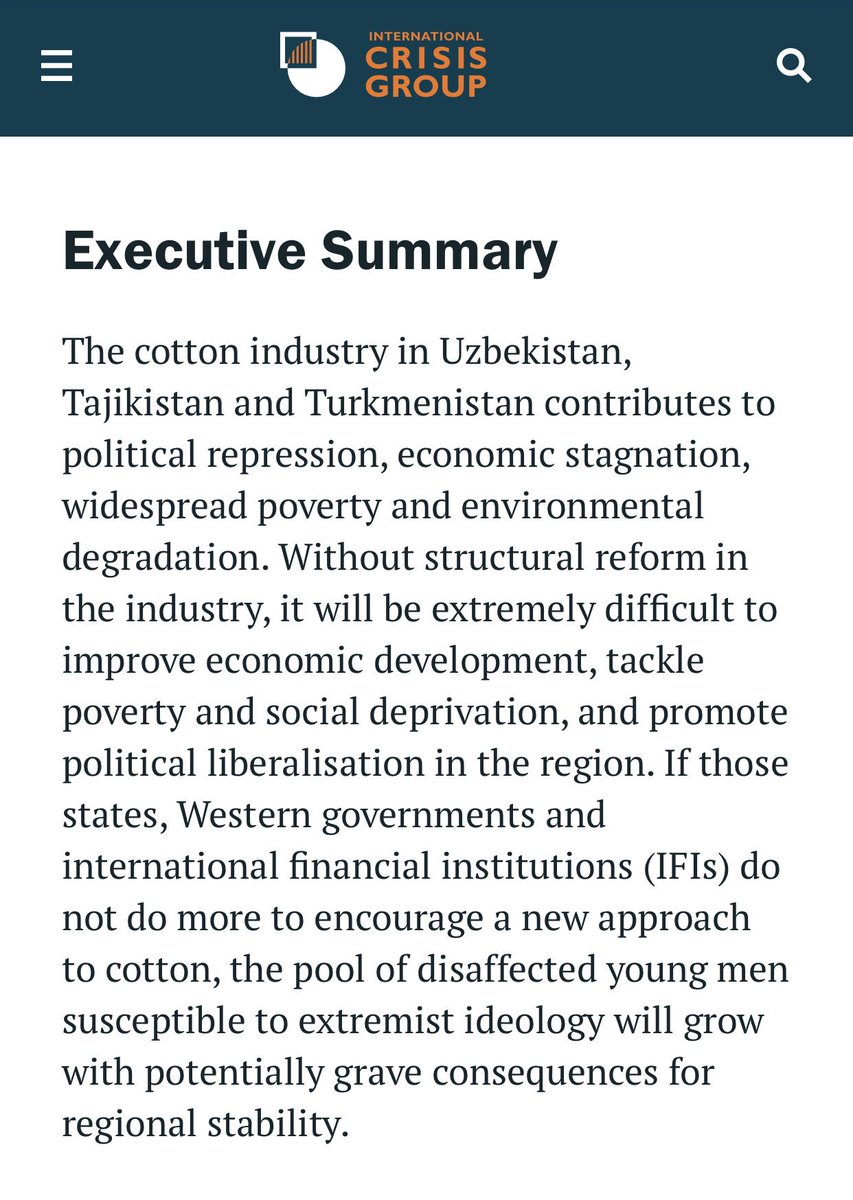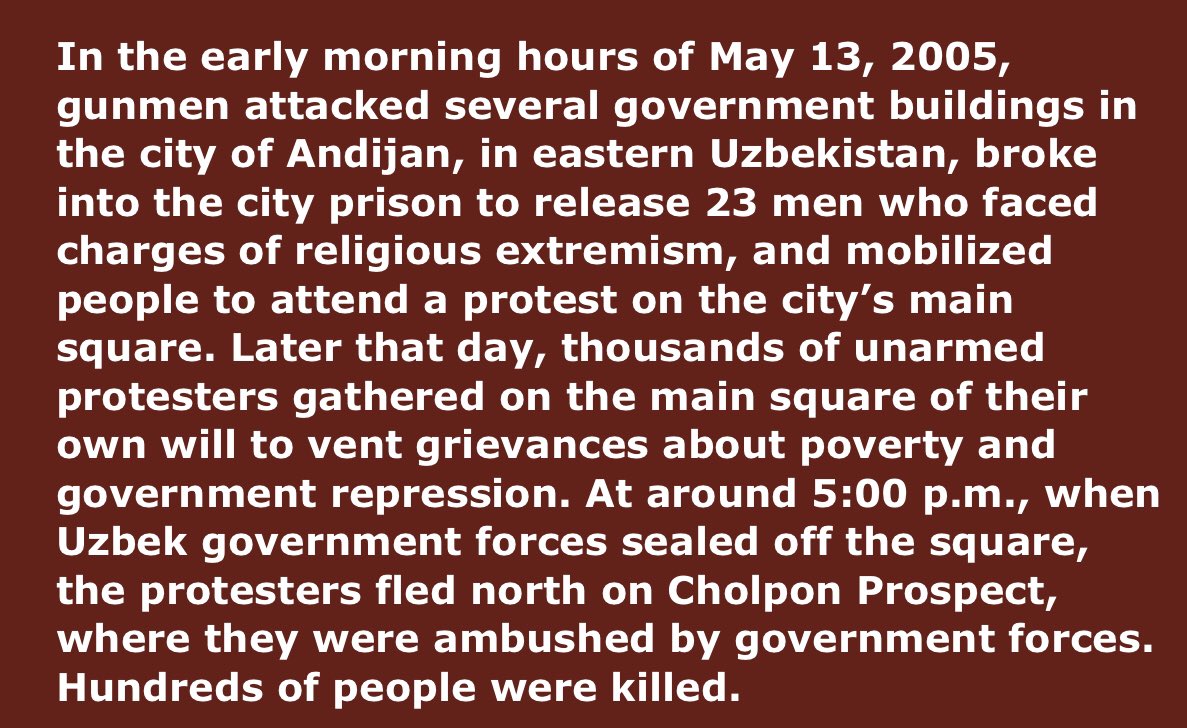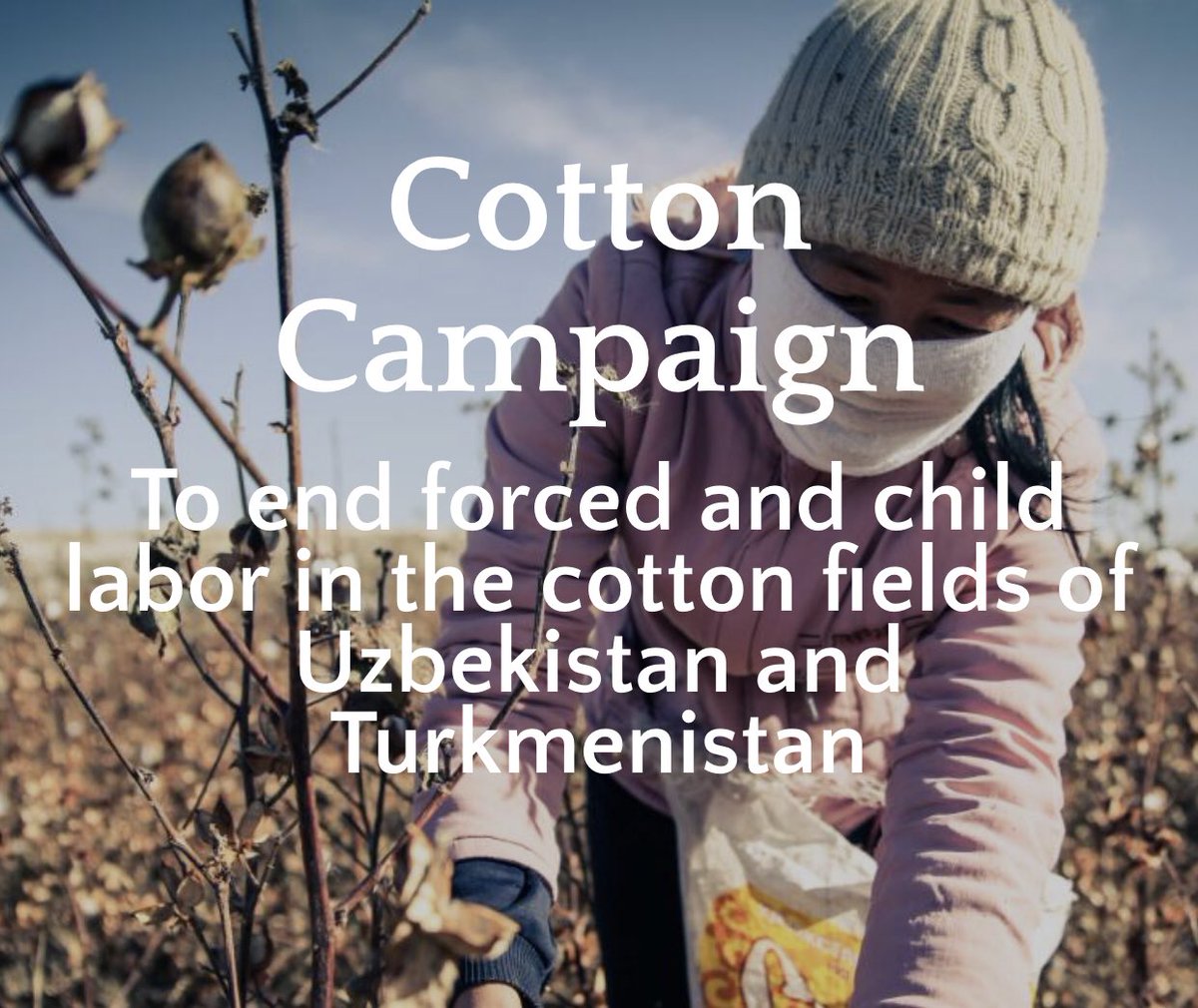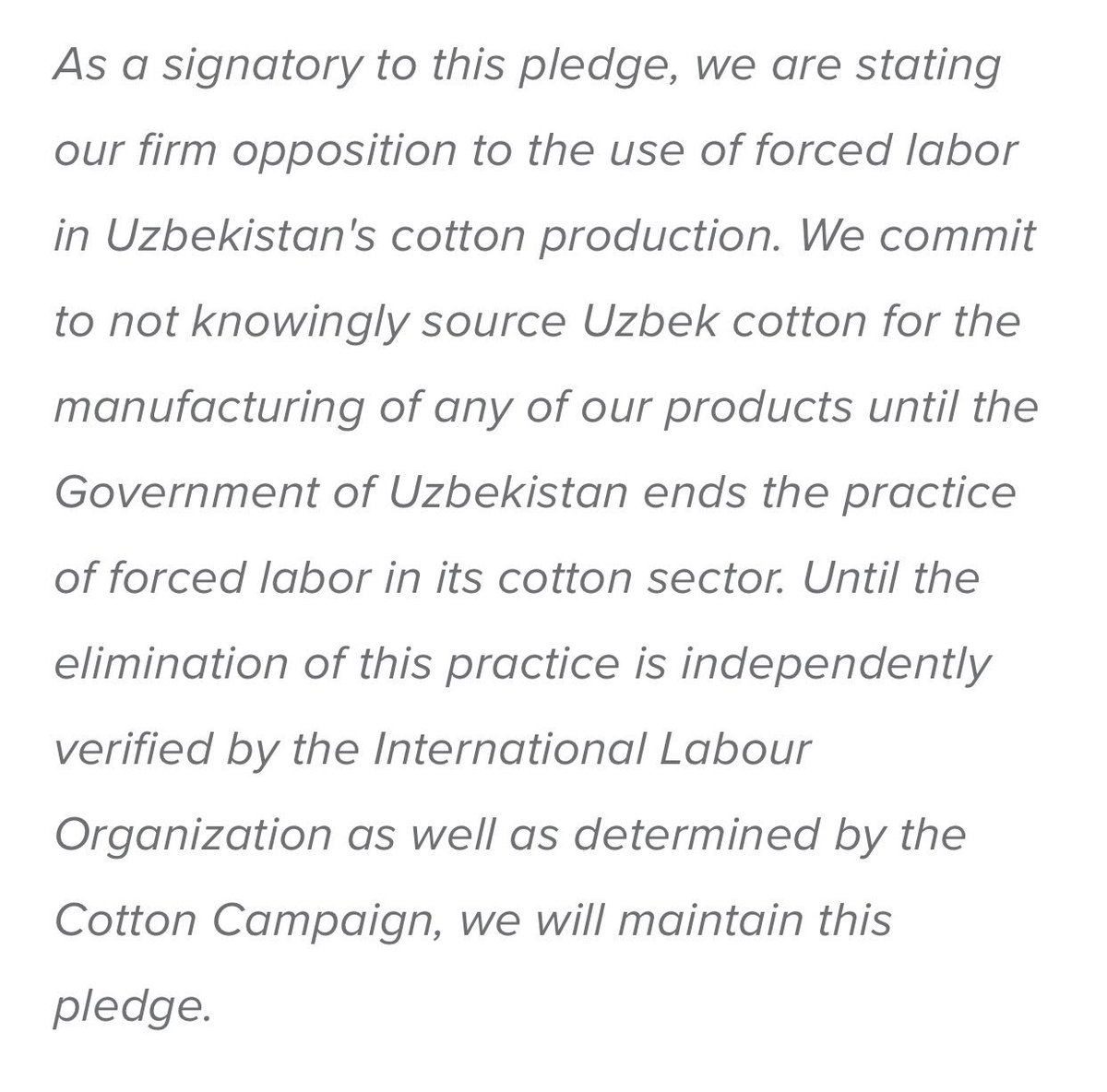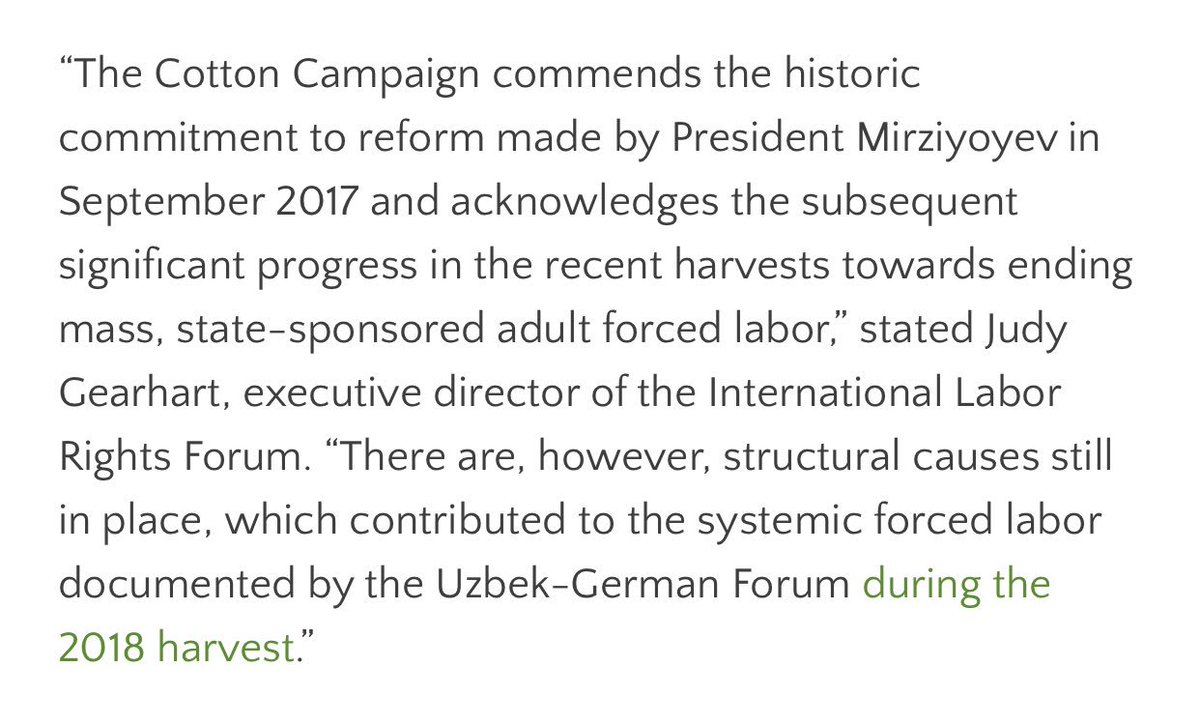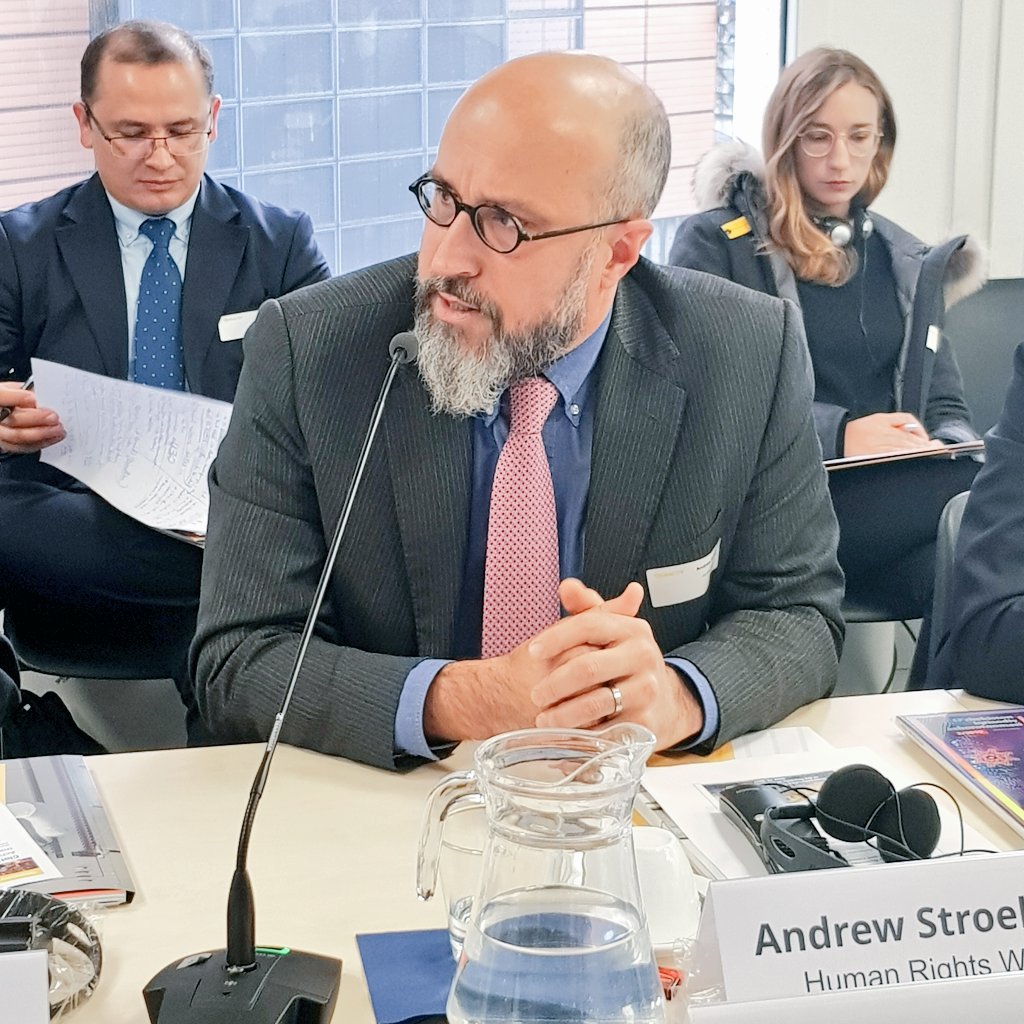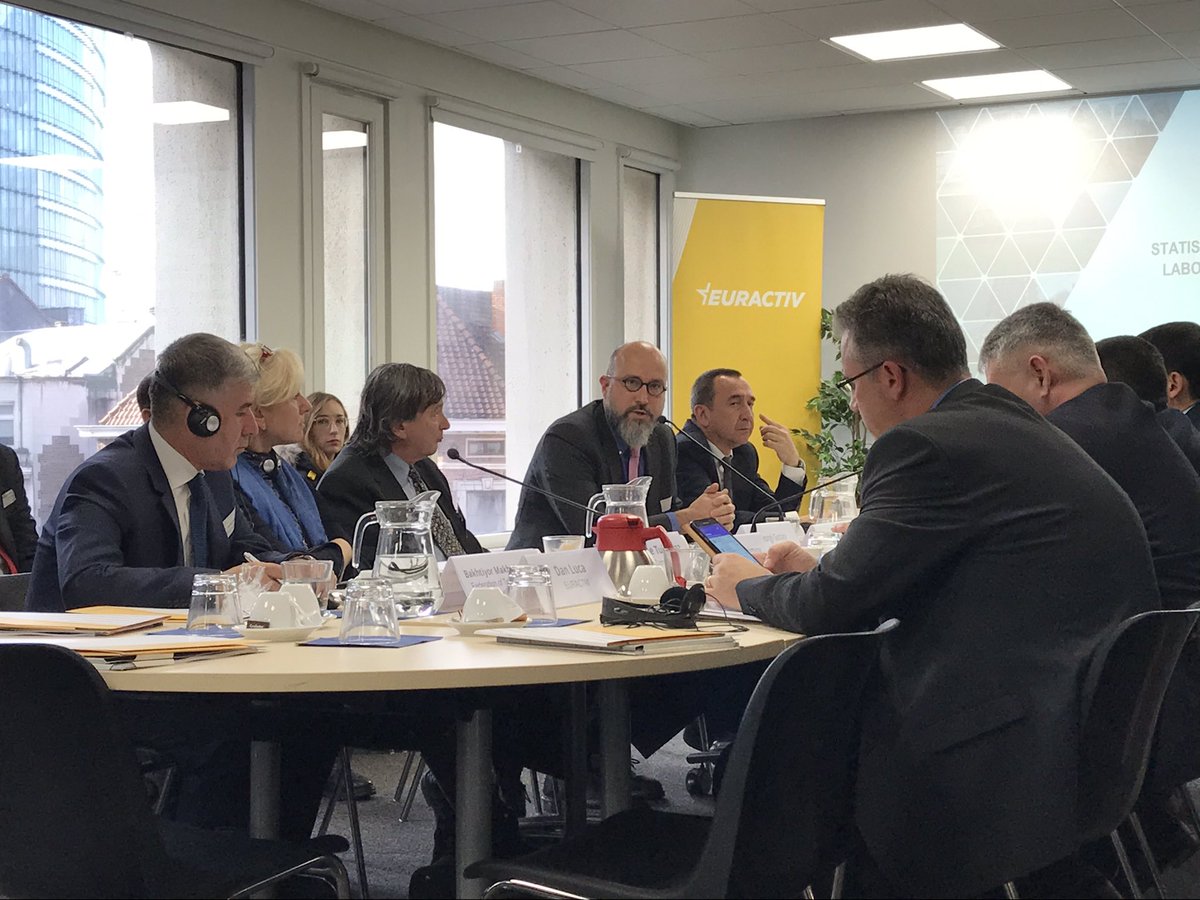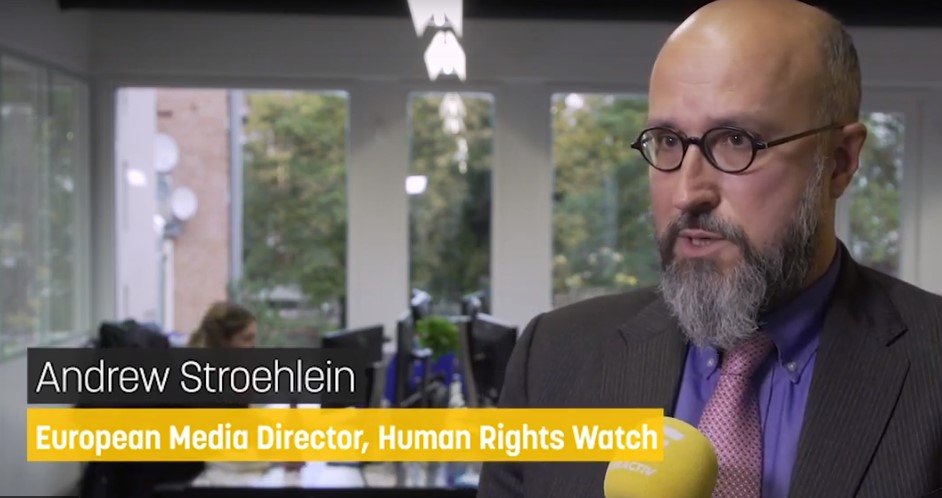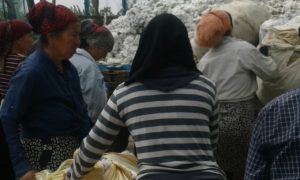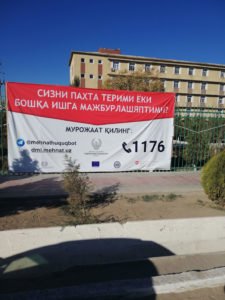This is remarkable & says a lot about the arc of progress. I remember @CrisisGroup’s report on “The Curse of Cotton” in 2005 (when I worked there), one of the 1st big reports on mass repression through forced labor (including child labor) in Uzbekistan’s cotton industry… 1/ https://twitter.com/AstrupILO/status/1181809186948165632">https://twitter.com/AstrupILO...
When we published that report at @CrisisGroup, we detailed how forced labor in Uzbekistan was a key driver of resentment & why the issue had a wider importance. But, honestly, we were a bit pessimistic about any rapid improvements. 2/ https://www.crisisgroup.org/europe-central-asia/central-asia/tajikistan/curse-cotton-central-asias-destructive-monoculture">https://www.crisisgroup.org/europe-ce...
In particular, we weren’t very hopeful that an international boycott would be possible as a mechanism to apply pressure - mostly because of opaque supply chains. It seemed that Uzbek cotton went into the global system and got mixed with cotton from other sources. 3/
And then, the prospects for progress in Uzbekistan seemed even darker, when - just a couple months later - the government committed a horrific crime: the Andijan Massacre. https://www.hrw.org/reports/2005/uzbekistan0605/">https://www.hrw.org/reports/2... 4/
But slowly, and despite all the odds, the @cottoncampaign (which includes both @CrisisGroup and @hrw) started to take off. http://www.cottoncampaign.org"> http://www.cottoncampaign.org 5/
Over time, other organisations unravelled the complex supply chain issues, and hundreds of clothing firms - major global brands - signed the “Uzbek Cotton Pledge”. Less demand for their product lowered the price: the government was feeling the pressure. 6/ https://www.sourcingnetwork.org/uzbek-cotton-pledge">https://www.sourcingnetwork.org/uzbek-cot...
And then Uzbekistan’s old dictator died, and a new government put repairing its international image as one of its priorities. And progress really started accelerating... 7/
Now, although the job is by no means complete, the @cottoncampaign can talk of a “historic process of reform” underway in the cotton sector. 8/ http://www.cottoncampaign.org/a-roadmap-of-reforms-to-end-state-sponsored-forced-labor-in-uzbekistan.html">https://www.cottoncampaign.org/a-roadmap...
Of course: “Systemic forced labor cannot be eliminated without the enactment of structural reforms; nor can reforms be achieved without the empowerment of civil society to ensure transparency and accountability...” The struggle continues... 9/
Forced child labor in Uzbekistan has been dramatically reduced, teachers & medical workers are no longer forced en masse into the fields - and the government is taking steps like the SMS hotline to stem forced labor further. Still, it persists: https://www.hrw.org/news/2019/04/16/forced-labor-lives-uzbekistans-cotton-fields">https://www.hrw.org/news/2019... 10/
If I look at today & only today, of course, I only see the abuses in front of me. But as I look back at that first report from 2005, the progress has been huge.
People often ask me how I deal with the daily horror of human rights work. Recalling progress like this is how. 11/11
People often ask me how I deal with the daily horror of human rights work. Recalling progress like this is how. 11/11
Addendum to this thread: This is the right top-line message from the government: “Fight against forced labour continues.” In fact, that& #39;s more or less the same message I delivered at today& #39;s #eaDebabtes in Brussels on cotton in Uzbekistan. https://twitter.com/AstrupILO/status/1192450889614798849">https://twitter.com/AstrupILO...
#eaDebates: 2 key moves for Uzbek govt to continue its progress in fighting forced labor: further promote/defend media freedom & freedom of expression generally, as well as freedom of association. More improvements will come if people are fully free to monitor, discuss & complain
Also, I should say I& #39;m very pleased that Uzbek officials now meet with us & discuss things openly like this today at #eaDebates. Impossible to imagine 4 or 5 years ago. Also, back then, I would never have got a visa to the country. Now, country opening up & I don& #39;t even need one.
Forced labour still exists in Uzbekistan, but at least it& #39;s not children anymore. We are seeing the government making efforts to eradicate forced labour completely, and we& #39;re glad to meet with them on this. (my bit at #eaDebates )
https://www.euractiv.com/section/global-europe/video/clothing-imports-to-the-eu-achieving-sustainability-transparency-in-the-supply-chain/">https://www.euractiv.com/section/g...
https://www.euractiv.com/section/global-europe/video/clothing-imports-to-the-eu-achieving-sustainability-transparency-in-the-supply-chain/">https://www.euractiv.com/section/g...
And we still see reports from Uzbekistan like this... https://twitter.com/UGFHumanRights/status/1194284234921394177">https://twitter.com/UGFHumanR...
"While most cotton pickers work voluntarily, UGF has documented the usual methods of forcing hundreds of employees from public organizations to pick cotton or extorting people to pay for replacement pickers." - details of 2019 harvest from @UGFHumanRights
http://bit.ly/34UUgxp ">https://bit.ly/34UUgxp&q...
http://bit.ly/34UUgxp ">https://bit.ly/34UUgxp&q...
Public banner from Uzbek labor inspectorate: "Are you being forced to pick cotton or do other work? Call: 1176." (28 October 2019 © UGF)
But "many people fear reprisals if they report superiors or local officials."
Hotline operators demand name & ID details of complainants...
But "many people fear reprisals if they report superiors or local officials."
Hotline operators demand name & ID details of complainants...
Clearly, the reporting system needs to be anonymous. Even if/when it is, many people will be afraid to use it. This is a society that has never known anything but repressive, authoritarian rule. It will take time to develop the habits of freely complaining without fear.

 Read on Twitter
Read on Twitter